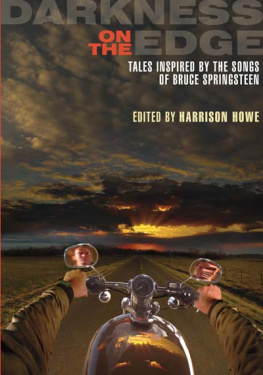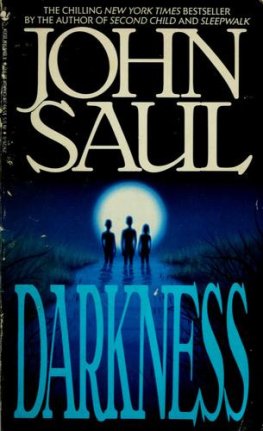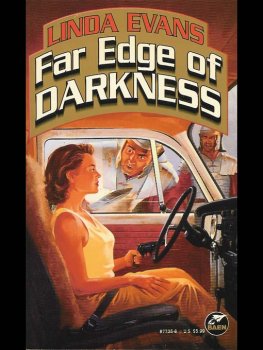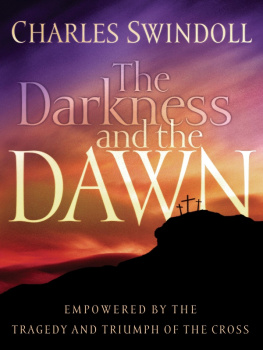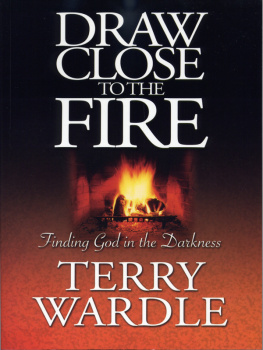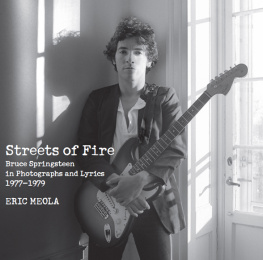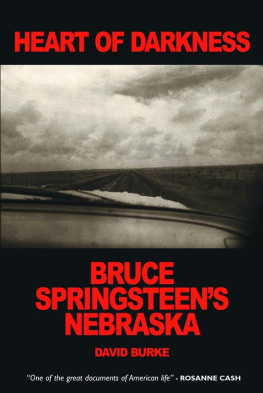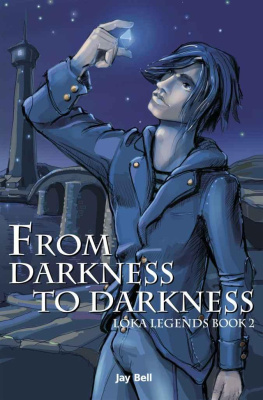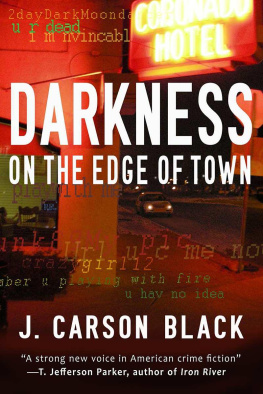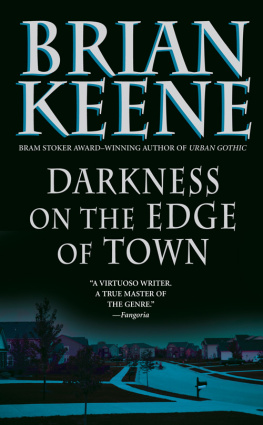Edited by Harrison Howe - Darkness on the Edge [jhc]
Here you can read online Edited by Harrison Howe - Darkness on the Edge [jhc] full text of the book (entire story) in english for free. Download pdf and epub, get meaning, cover and reviews about this ebook. year: 2010, publisher: PS Publishing, genre: Detective and thriller. Description of the work, (preface) as well as reviews are available. Best literature library LitArk.com created for fans of good reading and offers a wide selection of genres:
Romance novel
Science fiction
Adventure
Detective
Science
History
Home and family
Prose
Art
Politics
Computer
Non-fiction
Religion
Business
Children
Humor
Choose a favorite category and find really read worthwhile books. Enjoy immersion in the world of imagination, feel the emotions of the characters or learn something new for yourself, make an fascinating discovery.
- Book:Darkness on the Edge [jhc]
- Author:
- Publisher:PS Publishing
- Genre:
- Year:2010
- Rating:3 / 5
- Favourites:Add to favourites
- Your mark:
Darkness on the Edge [jhc]: summary, description and annotation
We offer to read an annotation, description, summary or preface (depends on what the author of the book "Darkness on the Edge [jhc]" wrote himself). If you haven't found the necessary information about the book — write in the comments, we will try to find it.
So many of Springsteens songs bring you close to the edge of a darkness where uncertainty reigns - a darkness not just on the edge of town but of our hearts and minds . . . the darkness between child and adulthood, perhaps; or between courage and fear; marriage and divorce; even confidence and self-doubt. These nineteen authors nudge us closer to an answer . . . and let us see what really is stirring out there in the shadows.
From Nothing Forgiven by Lee Thomas (Inspired by Something In the Night) Long ago, you made a promise, swore youd never return to this place. Now though, with your promise broken and the pasts topography rising, they return, joining you in the car like phantom passengers.
From Fire by Elizabeth Massie (Inspired by Im On Fire) Mac put his hand on the wall, willing her to feel his love through the plaster. Lisa, let me help you. You? Youre kidding, right? How can you help? Mac was taken aback. She saw him as only the cripple next door, the young man who had nothing to offer but pasta, pie, and a friendly word through the wall.
From Atonement by Gary A. Braunbeck (Inspired by My Fathers House) Dont tell me youve forgotten? Yes, thats right. Thirty years ago tonight, my father buried us under the floorboards in my bedroom after he came home early from work and caught us in my bed.
From Kneeling in the Darkness by Lorne Dixon (Inspired by Point Blank) Listen. Riddle said, his grip steadying Teddys hand. A hundred invisible blades punctured his flesh at as many angles, bullets tore chunks of flesh out of his body, he felt himself crushed by stone, suffocated by linen, beaten until his skeleton was nothing but an assembly of shards. Listen to her.
From The Hungry Heart by Michael A. Arnzen (Inspired by Hungry Heart) A recurring snore. A blasted monitor bleep. A terrible spoon pinging porcelain. It was an orchestra conducted by some subsonic sadist intent on keeping him awake. He clutched the heart-shaped pillow against his chest. It was still beating.
From Die Angle by Lawrence C. Connolly (Inspired by Murder, Incorporated) Nick took an envelope from the desk. Call me as soon as you finish. He passed the envelope to Johnny. I need to know the moment hes dead.
From From the Dark Heart of a Dream by Tom Piccirilli (Inspired by Adam Raised a Cain) My fathers ghost might be standing in the darkness, watching, evaluating, judging. I bond with a man thirty-five years embalmed. It does things to a person.
From Independence Day by Sarah Langan (Inspired by Independence Day and The Rising) The doctor has a Cyclops-like eye in the center of his face. It lights up white, and then red. The doctor is a five-foot wide metal box in the curved corner of the room. Its attached to the needles, and her, by worn plastic tubes that over time have turned pink from other peoples blood.
From Aint No Angel Gonna Greet Me by Guy Adams (Inspired by Marias Bed) Sitting on the back seat I scrubbed at each foot in turn before pulling on the dead mans socks and boots; a size or so too big, but nothing I couldnt walk in. Finally I popped his snake-eyes cufflinks in place, pulled on the jacket. I closed the trunk lid and got back behind the wheel. I would take the last step of the journey in my dead-mans clothes.
From With These Hands by Kurt Dinan (Inspired by Factory and Two Faces) When he died three weeks later, I inherited his house, his car, and his bills. Then, like every other son in town eventually does, I took my fathers place on the line, my hands continuing his work as if theyd never taken a break.
Edited by Harrison Howe: author's other books
Who wrote Darkness on the Edge [jhc]? Find out the surname, the name of the author of the book and a list of all author's works by series.

![Edited by Harrison Howe Darkness on the Edge [jhc]](/uploads/posts/book/48641/thumbs/edited-by-harrison-howe-darkness-on-the-edge-jhc.jpg)
